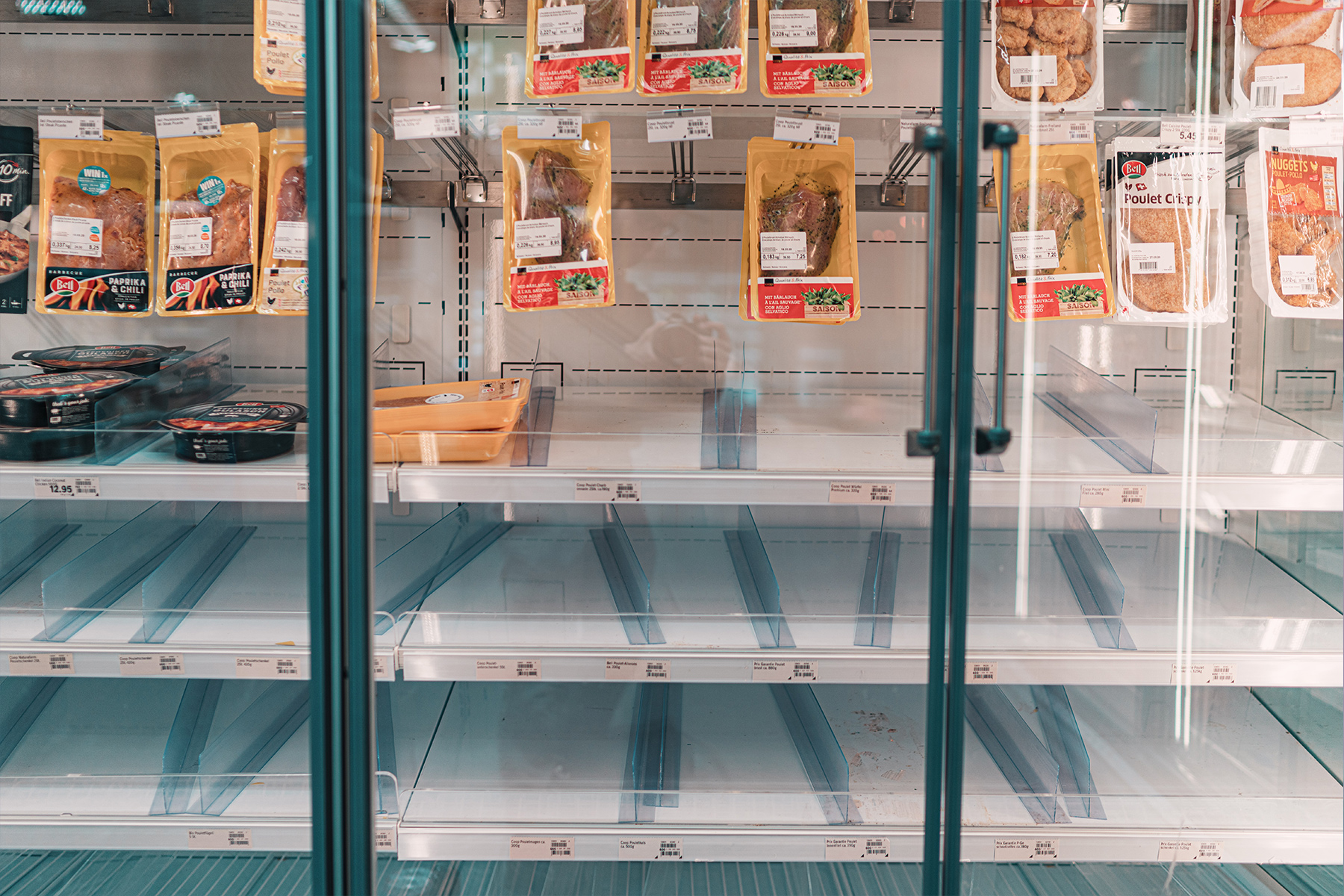
“Having such a concentrated sector is not good,” says Miguel Gomez, PhD, an associate professor at the Charles H. Dyson School of Applied Economics and Management at Cornell University. He specializes in studying food supply chains.
“Our food supply chain is resilient in general, but in the short run, this pandemic demonstrated that it doesn’t respond to crisis as quickly as we need.”
For example, the U.S. food supply chain has been too inflexible to shift a glut of products from the weakened food service sector (which includes restaurants, hotels, university dining halls, and other places that serve food outside of the home) to the supermarket sector.
“Before the pandemic, an average consumer would have spent half of his food purchase budget in the supermarket to prepare at home and half in restaurants, cafeterias, and the like,” Gomez says.
“The food service supply chain is completely disconnected from the supermarket supply chain,” he says. When farmers and suppliers lost business in the food service sector as clients shut down, it was difficult for them to pivot to the supermarket sector.
“That’s why we saw vegetables not being harvested and milk being dumped,” Gomez says. “At the same time, we saw empty shelves in the stores. That shows that all the milk and foods that were heading to the restaurants didn’t make their way to the supermarkets and they were wasted.”
Therefore, the issue isn’t shortages, but repurposing, not an easy problem to remedy quickly. “The problem is that if you’re bringing lettuce to supermarkets, you have to worry about labels and information to the consumer. Packages are smaller — different boxes, different types of trucking.”
“If you think about lettuce going to a restaurant like McDonald’s or any food service, you have larger packages without the labels, without any branding.”
“This pandemic made evident that with that degree of specialization, we failed in repurposing foods faster, especially perishable products,” Gomez says.
Specialization is highly efficient, but “thinking about just economic efficiency is very myopic. We need to think about resilience and how we can find ways in which food can be repurposed from the supermarket channel to food service, and vice versa,” he says.
